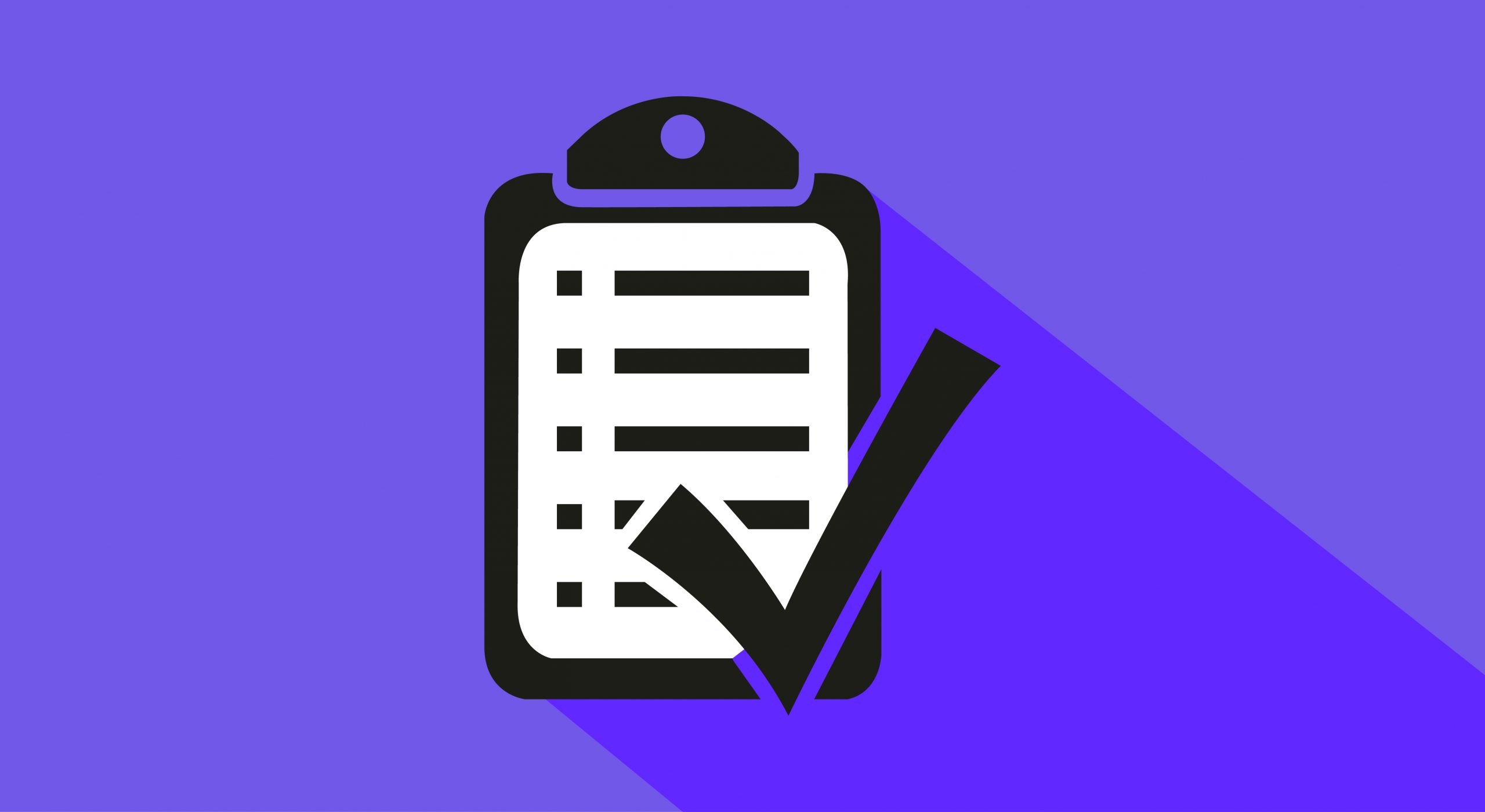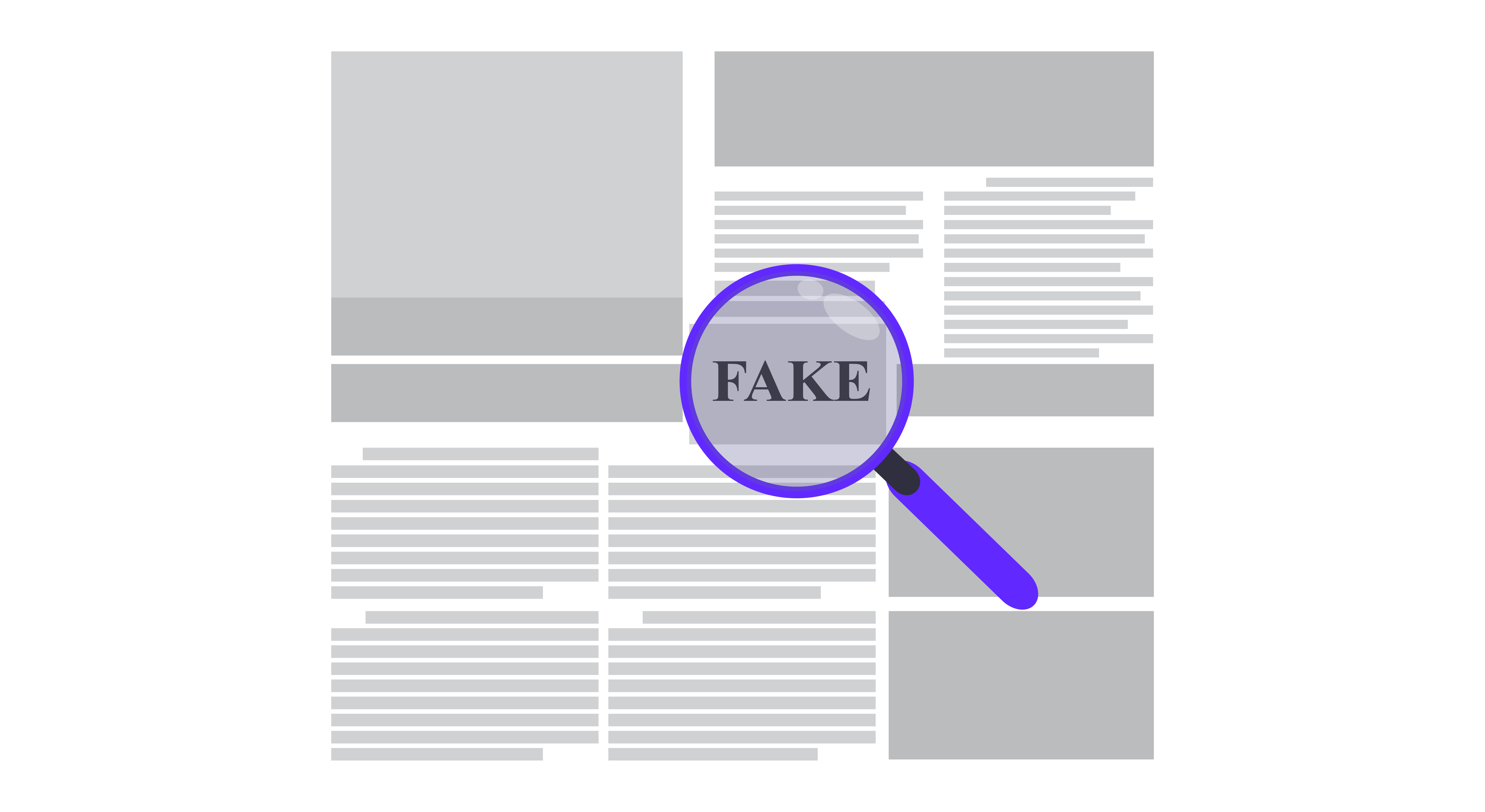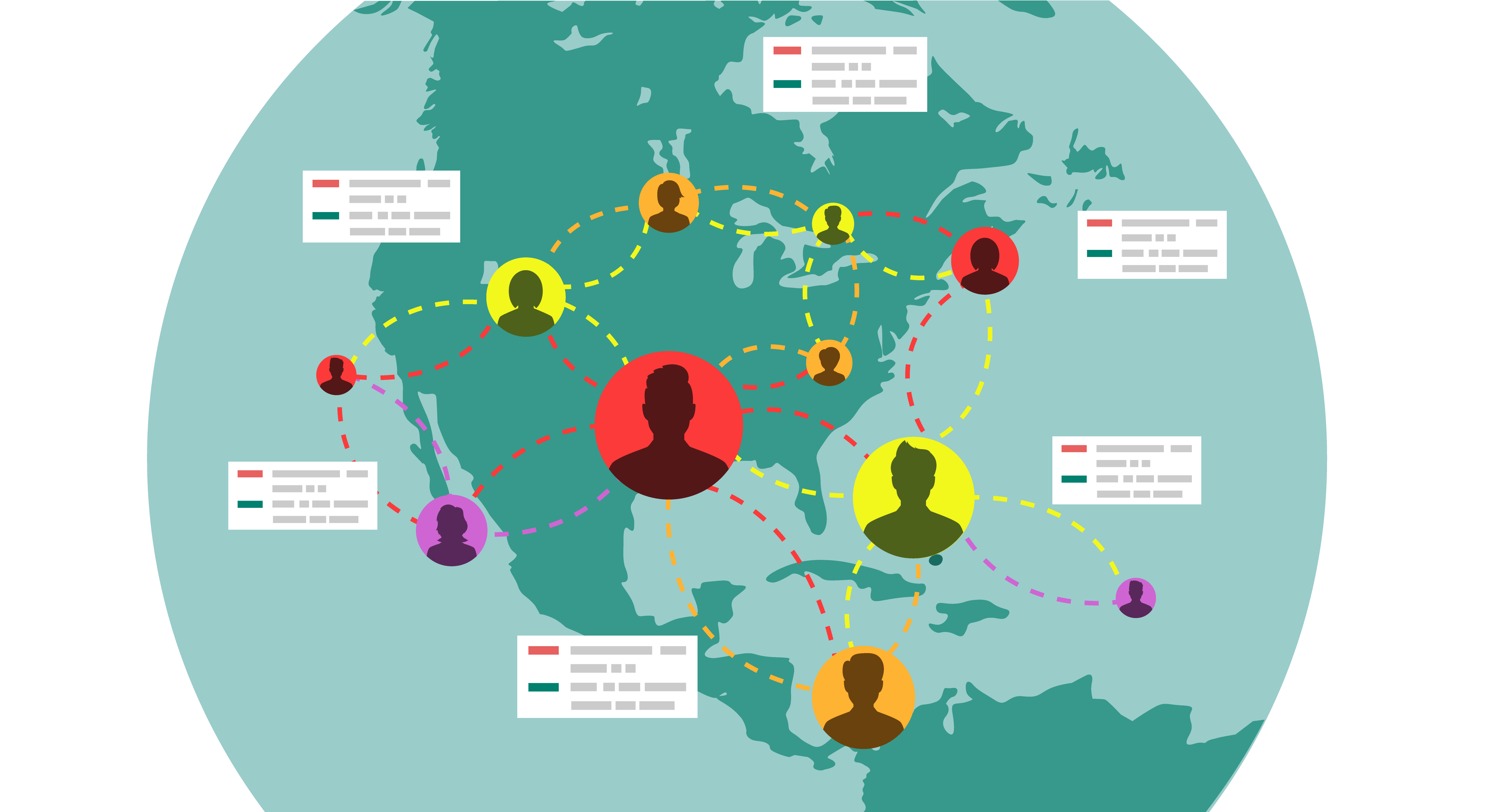Surely you have asked yourself if all the information available on the Internet is reliable. Hopefully you know that it is not: many people write on websites, blogs and social networks with multiple purposes, where ignorance and false lies coexist with investigation and honest reviews.
However, when doing searches on Google. Possibly, you open the first or third result of the list. Are you sure you want to believe in that source of information just because an algorithm recommends it? Despite the efforts of fact cheking, the basis of this algorithm does not include credibility: they still cannot. That task is for you to carry out.
Information reliability criteria on the Internet
Sources
You should always check the sources of the information. Very often the only source available is the author himself. In that case it is always good to investigate if that person really has the needed credibility level to rely on the data they provide. Ideally, find content that has specifically declared the sources from where he obtained the information for his article. From a reference to another article on the Internet to a nice detailed bibliography.
Websites
Not all websites have the same legitimacy. The New York Times or The Guardian website are backed by the trust that has been deposited for decades in the media they represent. The style of journalism and research carried out on these websites is a symbol of reliability for many people. But a personal blog (from an author whose references you don’t know, or simply from a group of poorly identified people) does not have the same reputation. Why would you believe anything there, unless you get a thorough count of sources?
Even the domain of a website can help you determine its reliability. Anyone can buy a website with the .com or .net domain and use it according to their interests. However, in the United States for governmental issues there is the domain .gov: any site that owns it has to be related to the government of that country. The same goes for the .edu domain, reserved for higher education institutions accredited by the US Department of Education.
Date
If the topic that motivates you to online investigation is constantly evolving, looking at the date of a website is important to define if the information you have is reliable. Not even the most respected newspaper can predict the future. A phenomenon today, probably will not remain the same a year later.
Writing style
As many people write on the Internet, another tool to detect false or unreliable information is the type of writing. The author of the content does not always have the minimum preparation necessary to master the language or communication techniques valid for the informational product it generates. That, let’s call it, mediocre communication is a possible red flag for illegitimate data sources.
Reliability on people’s data available on the Internet.
If the person has any level of notoriety or has simply been referred to in several articles on the Internet, it will be easy to retrieve information from online search engines. But we had already commented that the credibility of each of the articles that positions its name in the Google ranking is not reliable.
What if the name of that person is not mentioned to much on informative websites such as media, repositories or blogs? Well, there are still social networks, where as we already know, is not easy to find the real identity of the person we are looking for.
In order to get reliable information, the Internet needs a system where users contribute elements about their identity. These after that are verified thanks to an algorithm that draws on the contribution of other users. This platform becomes the legitimacy standard with respect to the data of people available on the Internet, and a mandatory reference to rely on a certain source, especially if it is a person.
That tool is Fyself.
Related information



